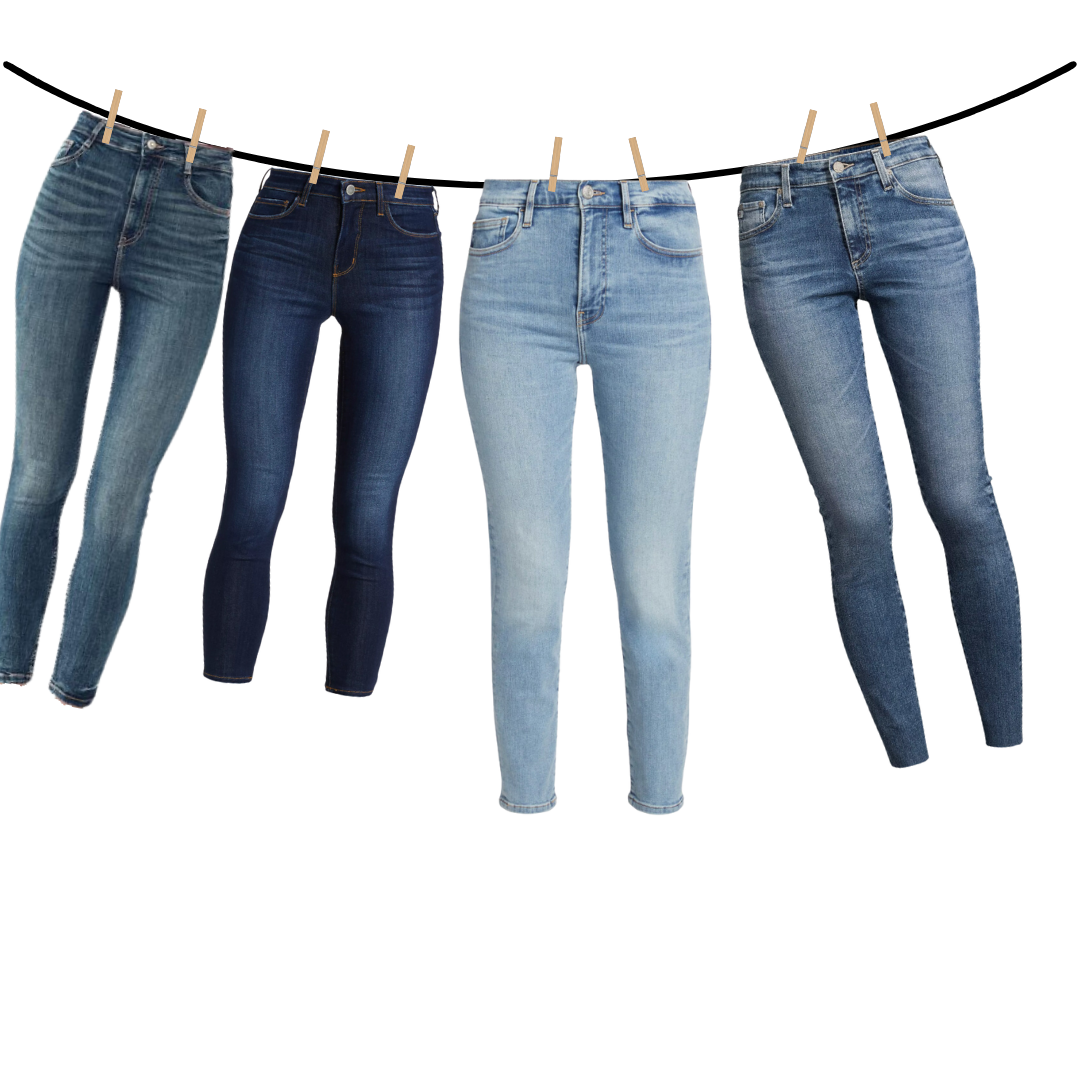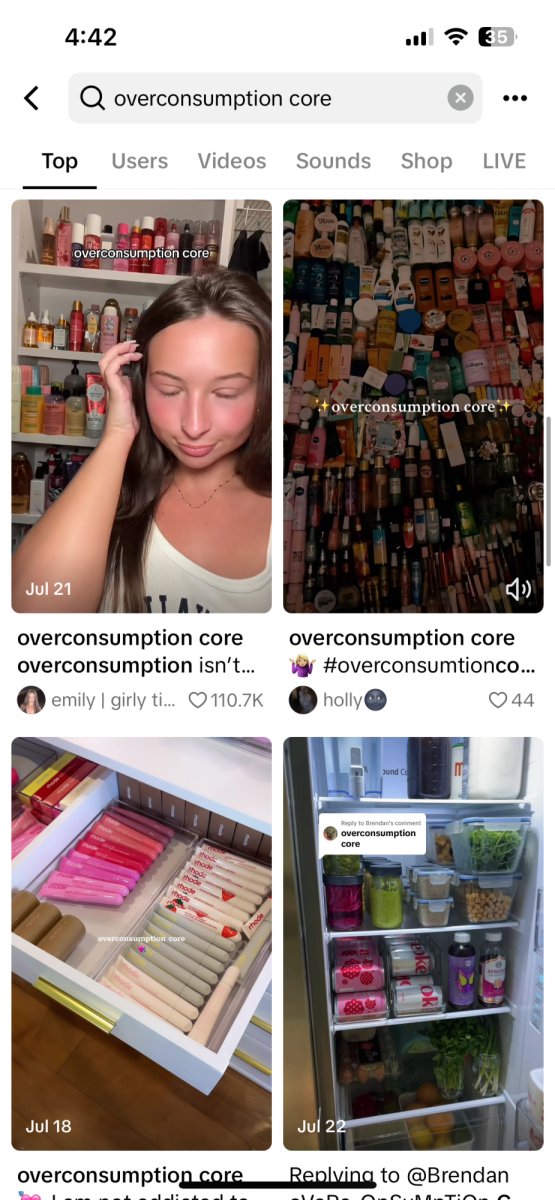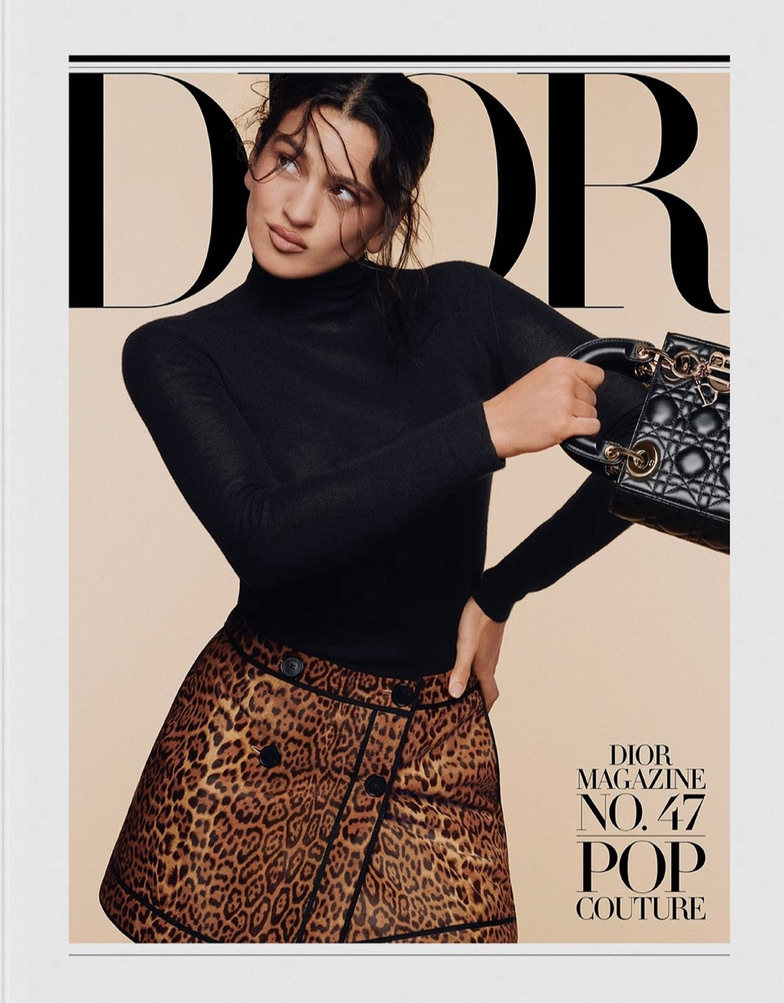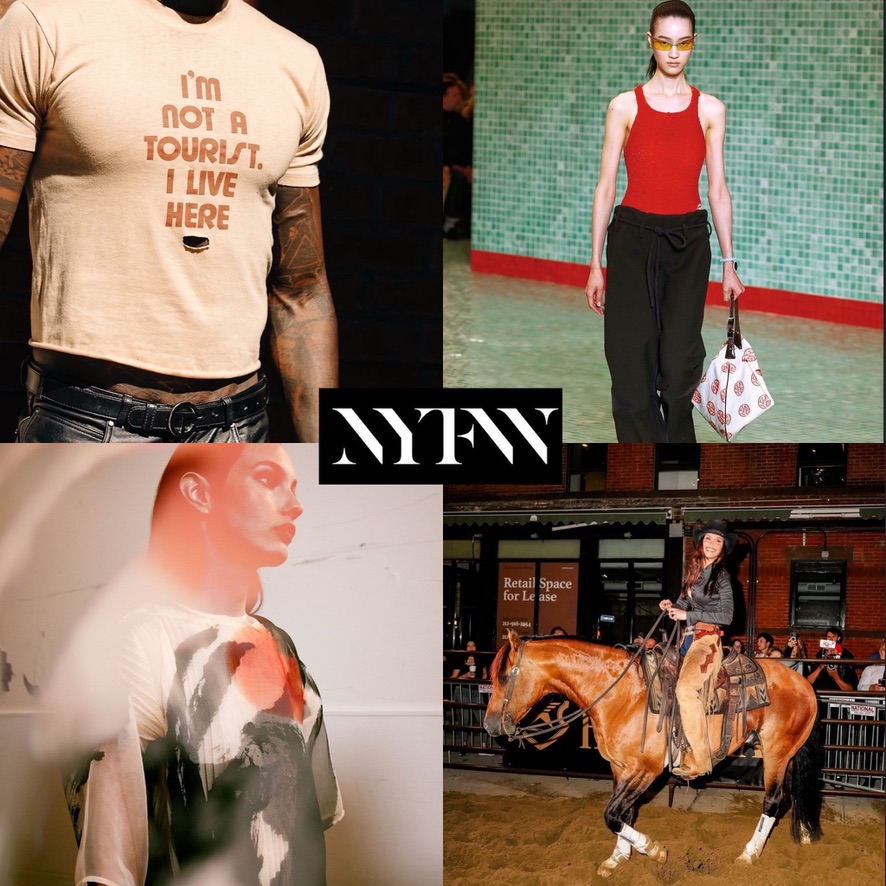
By Nicole Horton
A hacker’s invasion of countless celebrity iCloud accounts, leading to the embarrassing leaking of nude photos, is said to be one of the biggest celebrity hacking scandals in history.
The hack has affected over 100 female celebrities, including A-listers such as Jennifer Lawrence, Kate Upton, Aubrey Plaza, Avril Lavigne, Hope Solo, Hillary Duff, Jenny McCarthy, Kate Bosworth, Kim Kardashian, Kirsten Dunst, Mary Kate Olsen, Meagan Good, Mary Elizabeth Winstead, Selena Gomez and Vanessa Hudgens. However, not everyone hacked had salacious photos, although many did.
Some of the images made their way onto the Internet through social media, and gossip sites posted censored versions of the photos. Lawrence, Winstead and Upton, quickly confirmed the existence of the images. Victoria Justice initially stated the photos were fake but later tweeted that she suffered “a serious violation of privacy.” Meanwhile several others, including singer Ariana Grande and gymnast McKayla Maroney, also attempted to claim that the pictures were not of them.
Even if the photos were legitimate, it is likely that Grande would not admit it because her fan base is primarily comprised of young girls. She is beginning to garner a wider fan base following the release of her second album and MTV Video Music Awards performance, but would not want to lose her original fans and new widespread appeal.
You may be asking, how did this happen? Maybe people do not realize that iCloud automatically backs up images taken on iPhones, or perhaps they thought iCloud was a safe place for their data. The hacker was able to take advantage of a security flaw in iCloud. Many online services lock someone out after several unsuccessful attempts to log in, but not Apple’s “Find My iPhone” app and iCloud. Apple changed this flaw in the aftermath of the nude celebrity photo scan
“As we see in the sci fi “Grydscaen” series which focuses on hackers, the characters use various tools to target individuals and corporations,” said Natsuya Uesugi, a white hat hacker who tests security and software for tech companies. “The hackers will use social engineering to gain access to a target’s information or access to an office or lab’s systems.”
Jennifer Lawrence’s representatives contacted investigators, who said they “will prosecute anyone who posts the stolen photos of Jennifer Lawrence.”
On Monday the FBI’s Los Angeles office confirmed its investigation. The same office caught a man who hacked celebrity email accounts in 2011. Christopher Chaney, whose targets included actresses Scarlett Johansson and Mila Kunis and singer Christina Aguilera, was charged with accessing protected computers without authorization, damaging protected computers, wiretapping and aggravated identity theft. Chaney is serving a 10-year federal prison sentence after pleading guilty in 2012.
This scandal has generated a lot of buzz, both about the celebrities and iCloud’s security. Other than the speculation about which celebrities are involved and the nature of the pictures, the blogosphere echoes the many different attitudes towards celebrities. Some say that it is an invasion of privacy, whether they are celebrities or not, and they would not view or propagate the photos out of respect. Meanwhile others say that this overexposure is one of the pitfalls that accompany celebrity status and wealth, so they should not be pitied or victimized.
On a more general level, some argue that this is another example of why people should not take risqué photos because of the vulnerability of the iCloud and other digital forums. This invasion of privacy happens to people every day, not just celebrities.
“Some attacks are specific to individuals, others are more blasts hoping to rope in innocent people and make them vulnerable to identity theft or other threats,” said Uesugi.
Uesugi also suggests being wary of e-mail phishing, internet connection, media sharing sites, choosing weak passwords and using the same password for multiple accounts.
It is apparent that both average people and celebrities are prone to an invasion of privacy in this digital age. If the hacker is found, his or sentence would probably be longer than Chaney’s as a result of the large volume of celebrities affected. Chaney’s sentencing set a harsh precedent for hackers that will most likely be reaffirmed.










































































































































































































